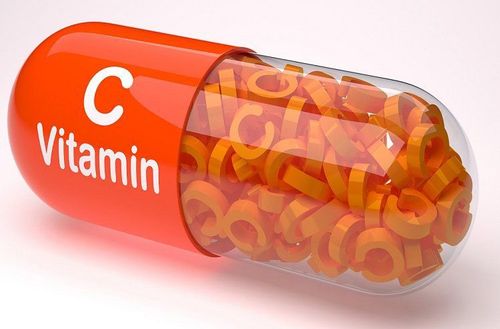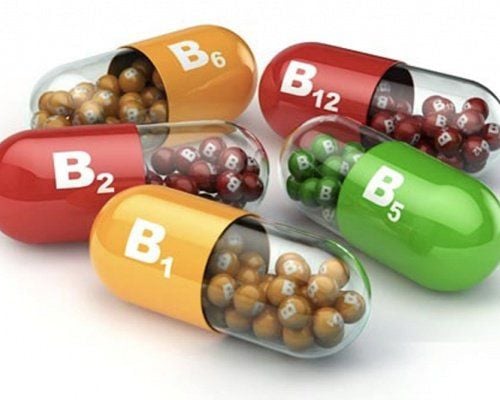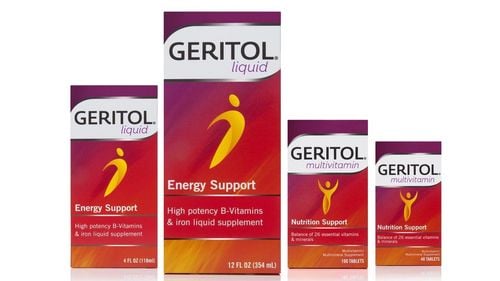This is an automatically translated article.
The article is professionally consulted by Master, Doctor Nguyen Minh Tuan - Pediatrician - Pediatrics - Neonatology Department, Vinmec Danang International General Hospital.Micronutrient deficiency in children is quite common in developing countries, including Vietnam. So, what are the signs of micronutrient deficiency in children, how to prevent micronutrient deficiency in children?
Micronutrients are divided into two groups: minerals including iron, zinc, calcium, phosphorus, copper, iodine, selenium, ...) and vitamins such as vitamins A, C, E, D, B, . .. For children, micronutrients play an important role for children to develop both physically and intellectually and to help them stay healthy and prevent diseases.
The child's body cannot synthesize micronutrients on its own, but must be supplemented from the daily diet.
1. What is micronutrient deficiency in children?
Micronutrient deficiency in children is a condition in which children are deficient in minerals and vitamins important to health, occurring on a community scale, usually vitamin A, iodine, iron, zinc, and folic acid.
There are many causes of micronutrient deficiency disease in children such as geographical factors and regions, mainly plant-based diets, children do not receive enough minerals and vitamins in their daily diets, especially is during certain periods of outstanding development for children such as the fetal stage, from birth to 5 years of age, before and during puberty ...
2. Signs of micronutrient deficiency in children
Symptoms of a child's micronutrient deficiency are as follows:Zinc deficiency: Dry hair, soft fingernails and toenails, easy to break, difficult to heal wounds, flabby muscles, anorexia, delayed height growth, minimal children are susceptible to infections due to low resistance. Iron deficiency: Skin, lips, nails are pale, pale, or itchy, young or tired, poor concentration. Lack of calcium, vitamin D: Newborns often sweat, have hair loss, not sleep well, children with delayed teething, bow legs, deformed rib cage. Vitamin A deficiency: Manifestations of vitamin A deficiency include irregular teething, growth retardation, dry skin, wrinkling, dry eyes, night blindness, or minor illnesses due to low resistance, low memory. Vitamin B deficiency: Children often have mouth sores, hot skin, edema, inflammation, digestive disorders, or nausea, vomiting, anorexia. Vitamin C deficiency: Children often swollen, bleeding gums, mouth and tongue heat, often sick, tired.

Trẻ thiếu vi chất dinh dưỡng sẽ có các biểu hiện như biếng ăn, rối loạn tiêu hóa, hay ốm vặt, mệt mỏi,...














